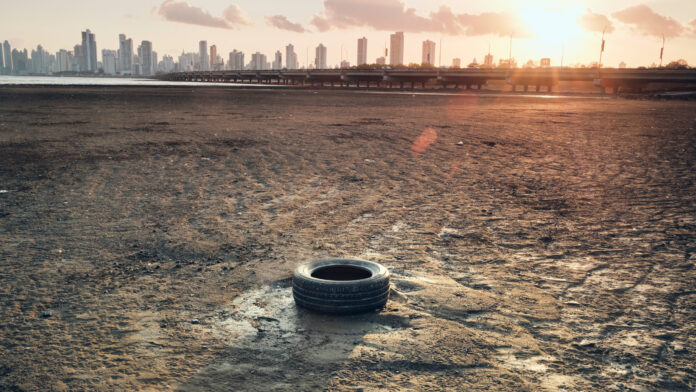The ongoing conflict between Israel and Iran threatens to undermine progress on climate commitments and environmental sustainability in the Middle East. War and instability divert attention and resources away from critical efforts to address environmental challenges, putting both regional and global sustainability goals at risk.
Military operations often result in significant environmental damage. Destruction of infrastructure can lead to air, water, and soil pollution. The release of hazardous materials and the burning of oil facilities create toxic emissions that contribute to climate change and harm public health. Such environmental degradation can persist long after active hostilities cease,
complicating recovery efforts.
In addition, conflict disrupts cooperation on regional environmental initiatives. The Middle East is one of the most water-scarce regions in the world, and collaborative management of shared water resources is essential. Tensions hinder dialogue and joint action, increasing vulnerability to droughts and exacerbating the impacts of climate change.
The diversion of government budgets to defense spending leaves fewer resources available for renewable energy projects, conservation efforts, and climate adaptation measures. This setback slows the transition to low-carbon energy systems and delays progress on commitments made under international agreements such as the Paris Accord.
Global sustainability depends on regional stability. The Middle East plays a crucial role in global energy markets and is a frontline region for climate impacts such as desertification and rising temperatures. Instability in this region not only affects local populations but also impairs the ability of the international community to address environmental challenges collectively.
Rebuilding after conflict offers an opportunity to integrate sustainability into recovery efforts. However, without peace and stability, long-term environmental planning remains difficult.
The international community must support diplomatic solutions that promote both security and environmental stewardship.
The Israel–Iran conflict highlights how geopolitical instability can threaten climate goals and environmental health. Addressing these challenges will require renewed focus on peacebuilding as an essential component of sustainable development in the region and beyond.




